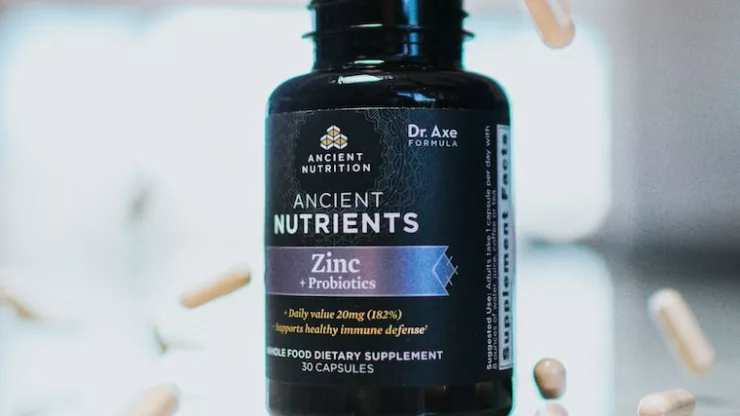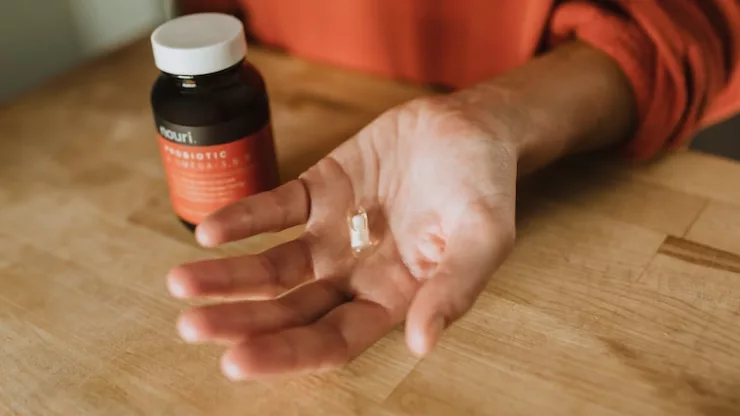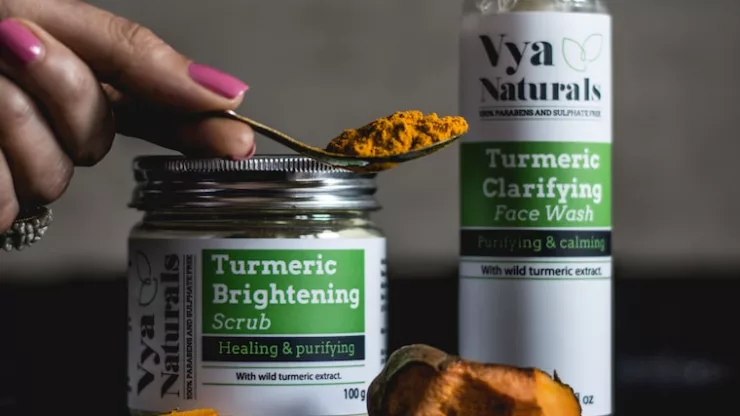Iron is an essential mineral that plays a crucial role in the human body.
It is vital for the production of red blood cells, which transport oxygen throughout the body, and for the proper functioning of the immune system.
Despite its importance, many people do not get enough iron in their diet, which can lead to a range of health problems.
In this article, we will explore the role of iron in your health and its best sources.
Jump to Section
Why is iron important for health?
Iron is an essential mineral because it is a component of hemoglobin, the protein in red blood cells that carries oxygen throughout the body. It is also necessary for the proper functioning of many enzymes in the body.
The Functions of Iron in the Body
Oxygen transportation
As mentioned, the primary function of iron in the body is to transport oxygen from the lungs to the tissues throughout the body. Without sufficient iron, the body cannot produce enough healthy red blood cells, which can lead to anemia.
Energy production
Iron is necessary for the production of ATP, the molecule that provides energy for the body’s cells. Without enough iron, the body cannot produce enough ATP, which can lead to fatigue and weakness.
Immune system support
Iron is necessary for the proper functioning of the immune system. It helps to increase the activity of immune cells, which can help the body fight infections.
Brain function
Iron is also necessary for the proper functioning of the brain. It helps to produce neurotransmitters, which are chemicals that transmit signals between nerve cells.
Iron Deficiency: Causes, Symptoms, and Risks
Causes of iron deficiency
Iron deficiency can occur for several reasons, including inadequate dietary intake, poor absorption, and blood loss.
Symptoms of iron deficiency
Symptoms of iron deficiency include fatigue, weakness, pale skin, shortness of breath, and cold hands and feet. In severe cases, it can lead to anemia.
Risks of iron deficiency
Iron deficiency can lead to several health problems, including anemia, developmental delays in children, and complications during pregnancy.
Who is at risk for iron deficiency?
Iron deficiency is most common in pregnant women, young children, and women of childbearing age. Vegetarians and vegans may also be at risk because they may not get enough iron from their diet.
Iron Overload: Causes, Symptoms, and Risks
Causes of iron overload
Iron overload can occur when the body absorbs too much iron from food or supplements, or when it cannot effectively eliminate excess iron.
Symptoms of iron overload
Symptoms of iron overload include fatigue, joint pain, abdominal pain, and skin discoloration.
Risks of iron overload
Iron overload can lead to several health problems, including liver damage, heart disease, and diabetes.
Who is at risk for iron overload?
Iron overload is most common in people with a genetic condition called hemochromatosis. It can also occur in people who receive frequent blood transfusions.
Iron-Rich Foods
Animal sources
| Food | Iron Content (mg) |
|---|---|
| Beef liver | 5.8 |
| Oysters | 8 |
| Beef | 2.7 |
| Chicken | 1.2 |
| Pork | 0.9 |
| Turkey | 0.9 |
Plant sources
| Food | Iron Content (mg) |
|---|---|
| Spinach | 3.2 |
| Tofu (firm) | 3.4 |
| Lentils | 3.3 |
| Kidney beans | 2.6 |
| Chickpeas (garbanzo) | 2.4 |
| Quinoa | 1.5 |
It is important to note that the iron in animal sources, called heme iron, is more easily absorbed by the body than the iron in plant sources, called non-heme iron. To increase the absorption of non-heme iron, it is recommended to pair it with foods high in vitamin C.
Iron Supplements
Types of iron supplements
Iron supplements are available over-the-counter and by prescription. They come in several forms, including tablets, capsules, and liquids.
The benefits and risks of iron supplements
Iron supplements can help to correct iron deficiency, but they can also cause side effects such as constipation, nausea, and stomach pain. It is important to talk to a healthcare provider before taking iron supplements.
Iron and Your Health: Frequently Asked Questions
Can I get enough iron from my diet alone?
In most cases, it is possible to get enough iron from a healthy, balanced diet that includes a variety of iron-rich foods.
How much iron do I need every day?
The recommended daily intake of iron varies by age and gender. Adult men need 8 mg per day, while women need 18 mg per day.
Pregnant women need 27 mg per day.
What are some signs that I might not be getting enough iron?
Symptoms of iron deficiency include fatigue, weakness, pale skin, shortness of breath, and cold hands and feet.
Is it possible to get too much iron?
Yes, it is possible to get too much iron, which can lead to iron overload.
How do I know if I need an iron supplement?
If you are experiencing symptoms of iron deficiency or have been diagnosed with iron deficiency anemia, your healthcare provider may recommend an iron supplement.
Conclusion
The importance of iron for overall health
Iron is an essential mineral that plays a crucial role in many bodily functions, including oxygen transportation, energy production, immune system support, and brain function.
The best ways to incorporate iron into your diet.
Iron-rich foods, such as beef liver, oysters, spinach, and lentils, can help to ensure that you are getting enough iron in your diet. It is also important to pair non-heme iron sources with foods high in vitamin C to increase absorption.
FAQ
Can I get enough iron from my diet alone?
In most cases, it is possible to get enough iron from a healthy, balanced diet that includes a variety of iron-rich foods.
How much iron do I need every day?
The recommended daily intake of iron varies by age and gender. Adult men need 8 mg per day, while women need 18 mg per day.
Pregnant women need 27 mg per day.
What are some signs that I might not be getting enough iron?
Symptoms of iron deficiency include fatigue, weakness, pale skin, shortness of breath, and cold hands and feet.
Is it possible to get too much iron?
Yes, it is possible to get too much iron, which can lead to iron overload.
How do I know if I need an iron supplement?
If you are experiencing symptoms of iron deficiency or have been diagnosed with iron deficiency anemia, your healthcare provider may recommend an iron supplement.

With a deep passion for personal development, Ben has dedicated his career to inspiring and guiding others on their journey towards self-improvement.
His love for learning and sharing knowledge about personal growth strategies, mindfulness, and goal-setting principles has led him to create My Virtual Life Coach.
Contact Ben at [email protected] for assistance.




